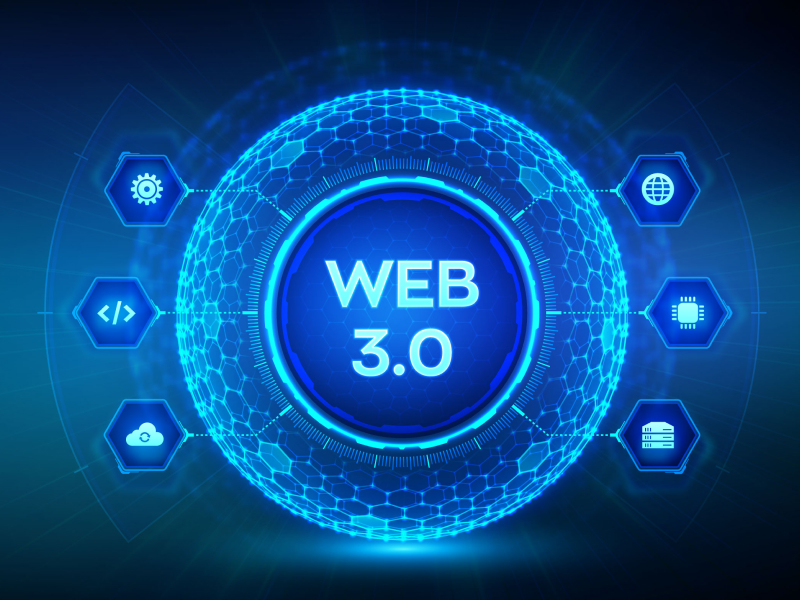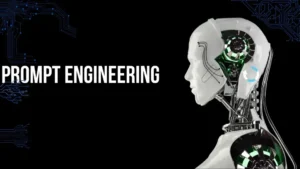Web 3.0 and Its Transformative Impact on Entrepreneurship
Oluwatobi Adigun November 20, 2023 0
Web 3.0 and Its Transformative Impact on Entrepreneurship
The evolution of the internet has been a constant force driving innovation and reshaping the way we live and work. As we stand on the precipice of the next digital frontier, Web 3.0 emerges as the harbinger of a transformative era. This article explores why this new innovation is poised to be the future of technology and how its principles will reshape the landscape for entrepreneurs.
The Foundations of Web 3.0:
Web 3.0 is not merely an incremental upgrade but a fundamental shift in the architecture of the internet. At its core, it emphasizes decentralization, interoperability, and user empowerment.
1. Decentralization:
Unlike its predecessor, Web 2.0, which is characterized by centralized platforms and control, Web 3.0 embraces decentralization through technologies like blockchain. This decentralization not only enhances security and transparency but also redistributes power away from tech giants, placing it back into the hands of users.
2. Interoperability:
Web 3.0 aims to break down the silos that exist between different platforms and applications. Improved interoperability means that data can flow seamlessly between diverse systems, fostering collaboration and innovation across various technologies.
3. User Empowerment:
Web 3.0 places a premium on user control and privacy. With decentralized identity and ownership of personal data, individuals have the autonomy to manage their online presence, deciding who accesses their information and how it is utilized.
Impact on Entrepreneurship:
1. Decentralized Finance (DeFi):
Web 3.0 is unlocking new possibilities in the financial sector through decentralized finance. Entrepreneurs can now create and participate in financial systems without relying on traditional intermediaries. Smart contracts enable trustless transactions and automated financial services, offering entrepreneurs greater financial inclusivity.
2. Tokenization and New Business Models:
The advent of Web 3.0 introduces the concept of tokenization, where assets, services, and even ownership rights can be represented by digital tokens. This opens the door to innovative business models, such as tokenized ecosystems and decentralized autonomous organizations (DAOs), providing entrepreneurs with novel ways to fund and govern their ventures.
3. Data Monetization and Ownership:
Web 3.0 places a heightened emphasis on data ownership. Entrepreneurs can build business models that empower users to control and monetize their data, fostering trust and loyalty. This shift challenges the current data-driven models and allows entrepreneurs to differentiate their businesses based on a commitment to user privacy.
4. Decentralized Applications (DApps):
The rise of DApps built on blockchain technology enables entrepreneurs to create applications with increased security, transparency, and user control. Entrepreneurs can develop decentralized solutions in various domains, including social media, supply chain, and gaming, offering users a more engaging and user-centric experience.
5. Smart Contracts and Automation:
Smart contracts, a cornerstone of Web 3.0, enable self-executing agreements with predefined rules. Entrepreneurs can leverage smart contracts to automate various aspects of their businesses, reducing operational costs and enhancing efficiency. This automation can streamline processes in areas such as supply chain management, legal agreements, and more.
Challenges and Considerations:
1. Educational Barriers:
Entrepreneurs need to overcome the educational barriers associated with blockchain and decentralized technologies. Understanding these concepts is crucial for harnessing the full potential of Web 3.0.
2. Regulatory Uncertainty:
The regulatory landscape surrounding Web 3.0 is still evolving. Entrepreneurs must navigate this uncertainty and advocate for regulations that foster innovation while addressing potential risks.
Conclusion:
As we navigate the transition to Web 3.0, entrepreneurs stand at the forefront of this technological revolution. The principles of decentralization, interoperability, and user empowerment inherent in Web 3.0 present unprecedented opportunities for those willing to embrace change. By leveraging blockchain, decentralized applications, and new business models, entrepreneurs can not only redefine their industries but also contribute to a more inclusive and user-centric digital future. It is not just the next iteration of the internet; it’s a catalyst for a new era of entrepreneurial possibilities. Those who seize the moment and innovate within the framework are poised to shape the future of technology and redefine the entrepreneurial landscape.






